/r/Catholicism is a place to present new developments in the world of Catholicism, discuss theological teachings of the Catholic Church, provide an avenue for reasonable dialogue amongst people of all beliefs, and grow in our own spirituality. Catholic Christianity offers the world the fullness of the Christian Faith.


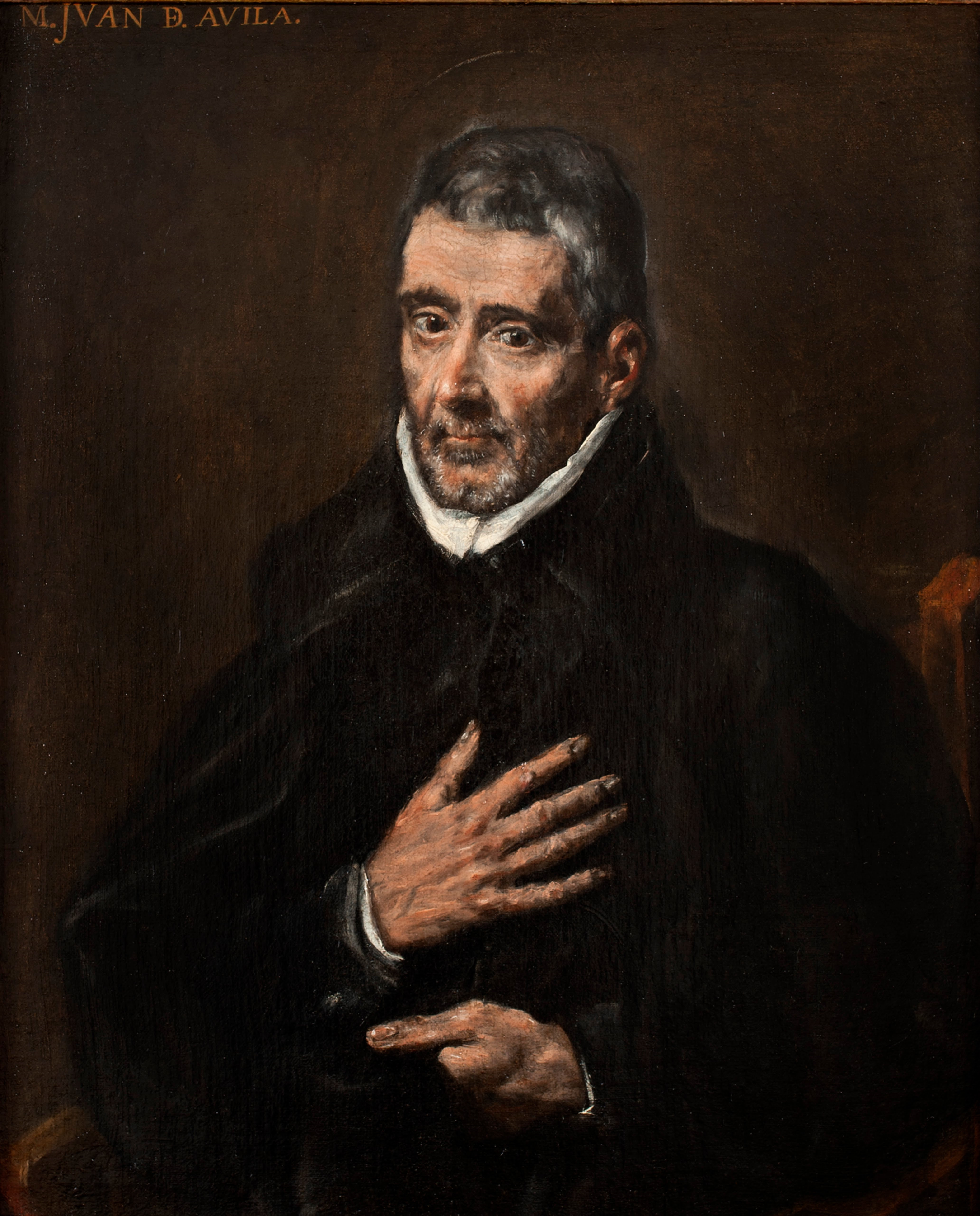












Pic from - https://commons.wikimedia.org/wiki/File:Attributed_to_el_Greco_-Portrait_of_Juan_de%C3%81vila_-_Google_Art_Project.jpg
https://www.britannica.com/biography/Saint-John-of-Avila
https://www.oxfordreference.com/display/10.1093/oi/authority.20110803100021963
More here
en.wikipedia.org/wiki/John of Ávila
https://www.encyclopedia.com/religion/encyclopedias-almanacs-transcripts-and-maps/john-avila-st
There’s something a little bit funny about the Inquisition accusing St. John of rigorism
It seems weird because of the image we have of it, but the Inquisition was more about Catholic orthodoxy rather than rigorism.
There are some interesting layers of depth in this chapter of history.
Oh yeah, I’m not trying to say the Inquisition was evil or any argument like that, but the ideal of the Inquisition as being a litmus test for orthodoxy did fall short a couple of times, usually as a result of hasty charges like the cases of St. John or St. Ignatius of Loyola. I don’t think the Inquisition was necessarily faulty from the start or anything like that.
the jewish-heritage connection was probably a "red flag" for the inquisitors.